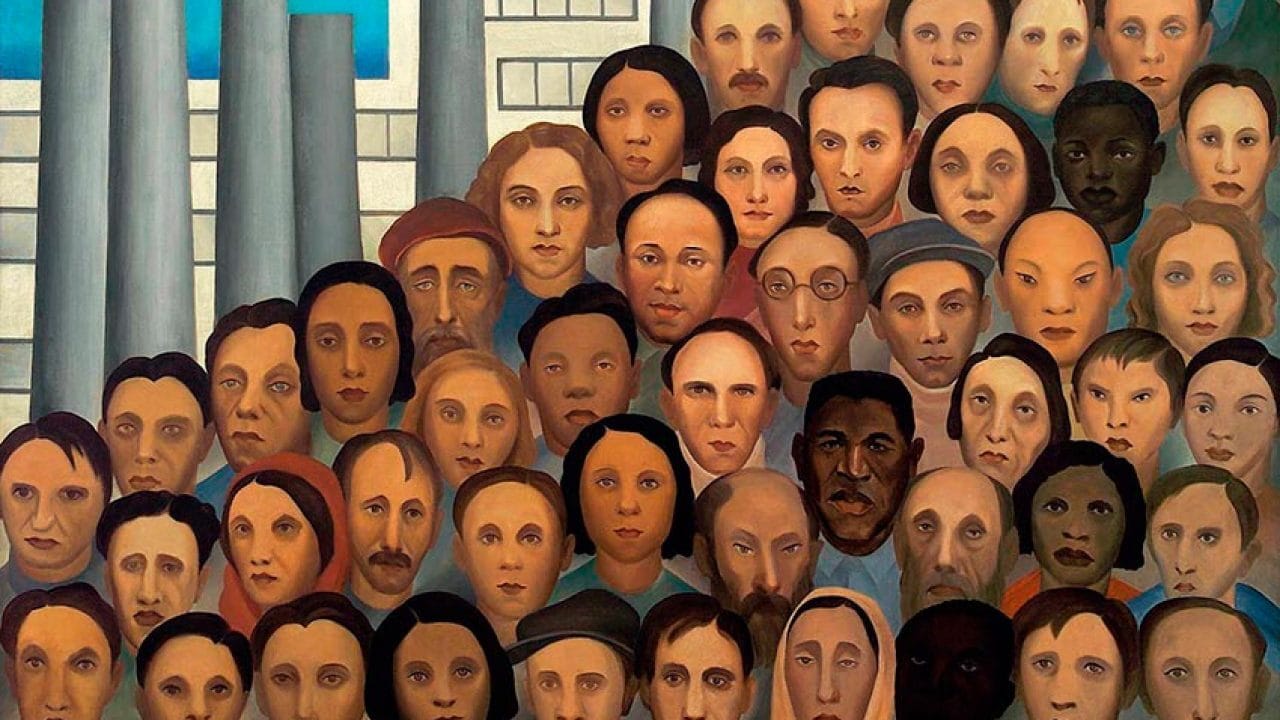- Tanamesa
- Posts
- What About Me 52°
What About Me 52°
WHAT ABOUT ME?
Micael
conditioned people only function within the limits of their conditioning

Lately, I’ve been diving deep into the concept of conditioning — how so much of the way we think isn’t really “ours,” but something we’ve been taught and reinforced since childhood. The stories we tell ourselves, how we see time, what we believe is possible or “right” — all of it shaped by culture, upbringing, and the society around us.
In that rabbit hole, I came across the work of Kenyan philosopher John Mbiti, which completely shook the way I see time and I wanted to share it with you today. In his 1969 book African Religions and Philosophy, Mbiti explains how, for many African cultures, time doesn’t move forward — it moves backwards. To put it simply, these cultures see time as a two-dimensional experience:
Sasa: the recent past, and the present that can actually be experienced.
Zamani: the vast, timeless past where all events eventually settle and live on.
The future? In this view, it doesn’t truly exist — it’s only a shadow until it arrives in the sasa.
This flips everything we’ve ever known.
In Western culture, time is treated like a commodity — something to spend, save, waste, or race against. Life is all about chasing a “better” future, evolving, progressing. But Mbiti offers something radical: Time isn’t something we move through — time is something events create. A conversation, a ritual, a season — these don’t just happen in time; they produce time.
Think of it this way: A man sitting on a park bench on a Tuesday afternoon isn’t wasting time. He’s not “spending” it, nor “losing” it. According to Mbiti, he’s either waiting for time or even creating it. That flips the script on how we feel when we choose not to be “productive.” In African thought, that quiet moment isn’t idle — it’s meaningful.
How much of our anxiety, endless planning, and fears are tied to this Western obsession with a future that may not even exist the way that we imagine it. What if that fixation is just conditioning — one that we could unlearn?
Conditioning is powerful. And maybe maturing is about recognizing that some of the “truths” we carry are just inherited perspectives — and that other ways of seeing the world are not only possible, but deeply human. Imagine unconditioning yourself. What rhythms, responses, or perspectives could replace the chase?
So here’s what I’m doing this week: Trying to stop treating the future like a finish line, and instead learning to trust the sasa I’m in right now.
ps: This was just a brief explanation of a small part of a huge piece of culture. Totally recommend searching on your own for a more meaningful understanding.
With love,
Micael.